When Is The Best Time To Eat Around Exercising?
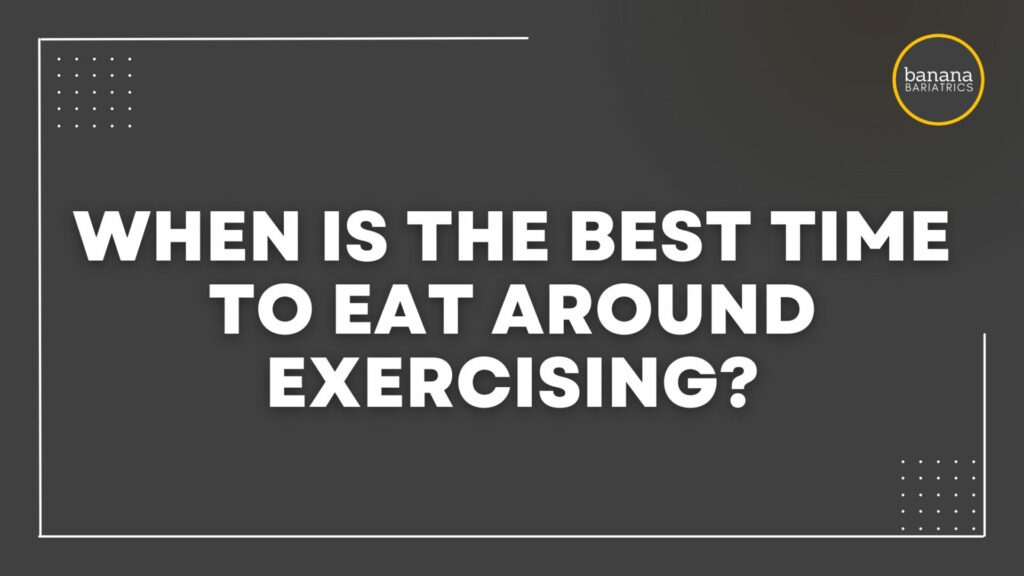
When should you workout in a day- morning or night? And when is the best time to eat around exercising to best fuel your body? In this week’s blog post, we are going to cover how much to eat, what kinds of macronutrients are important to fuel your body when it comes to working out, and when the best time to exercise in a day is. You can glean more specific examples and details in our full interview with Bariatric Registered Dietitian and Sports Exercise Nutritionist, Kim Tirapelle at the end of the blog post.
How To Eat When You Exercise Early In the Morning
Do you work out bright and early- say 5-6am? It is not the most practical advance to recommend waking up at 3:30am to start eating before your morning workout. Therefore, keep your meals balanced the day prior and include a little bit more carbohydrate into your dinner in preparation for your morning workout.
Aim to increase dinner by about 30g of carbohydrates and be sure to pair it together with protein as a way to boost your muscle glycogen stores. Glycogen is where your body stores carbohydrate in your muscle. This way, when you go to start your workout the next morning, you’ll have quick energy stores to draw upon for immediate use.
As a reminder, carbohydrates are the main energy source in a workout. If you have time to sneak in a little bit of carbohydrate an hour or so before your workout- that is ideal! It could be something as small as a Greek yogurt which has both a carbohydrate and protein, or you can drink a G2 for a small amount of carbohydrate as well.
How To Eat Around Exercising In The Evenings
Are you the kind of person that will work all day, come home to have dinner with your family, and then hit the gym afterwards? Or perhaps workout on your way home from work? If so, try having a smaller dinner so that it doesn’t sit heavily in your stomach. Consider cutting your dinner in half (ie: have 2 ounces of chicken and a small serving of vegetables with a whole grain like quinoa or sweet potatoes). Save the rest for when you get back from working out and enjoy it as post-workout snack.
If you work out around 8-9pm at night, ensure that you are instead eating enough food at your meals earlier in the day if you’re not eating after your workout. Alternatively, you can have a protein shake (like Core Power protein drinks) and ½ of a banana after your workout instead of a meal.
When Is The Best Time To Exercise In The Day?
The best time to exercise in a day is whatever time is best for you to do so consistently. If you’re working out at night but are feeling too hyped and stimulated that it makes it harder for you to fall asleep, then the better alternative would be to find an earlier time to exercise. However, for others, working out at night can help them fall asleep faster because they are more fatigued and tired. Finding the best time to exercise in the day is really on an individual basis. As long as you can find a time that you can stick to consistently, it doesn’t really matter to much!
In Summary
The answer to the question of how to eat around exercising typically boils down to whether you mainly prefer to workout in the morning or evening. If you’re a morning riser and like to hit the gym first thing, ensure your dinner from the night prior contains a little extra carbohydrates to help fuel your workouts. If you can tolerate working out at night without having a detrimental impact on your sleep, do so! Ensure you are getting in enough carbohydrates and protein throughout the other meals in your day in case it’s too late to eat after your workout. Overall, choose a time (morning or night) to workout that feels natural and easy for you to do on a consistent basis in order to see results over time.
Are You Working Out To Help Lose Some Extra Weight?
We encourage you to download our FREE Weight Regain resource which will help you:
- Learn the reasons why you may experience weight regain after surgery
- Identify unhealthy habits that can lead to weight regain
- Find additional support and accountability with getting back-on-track with your weight loss
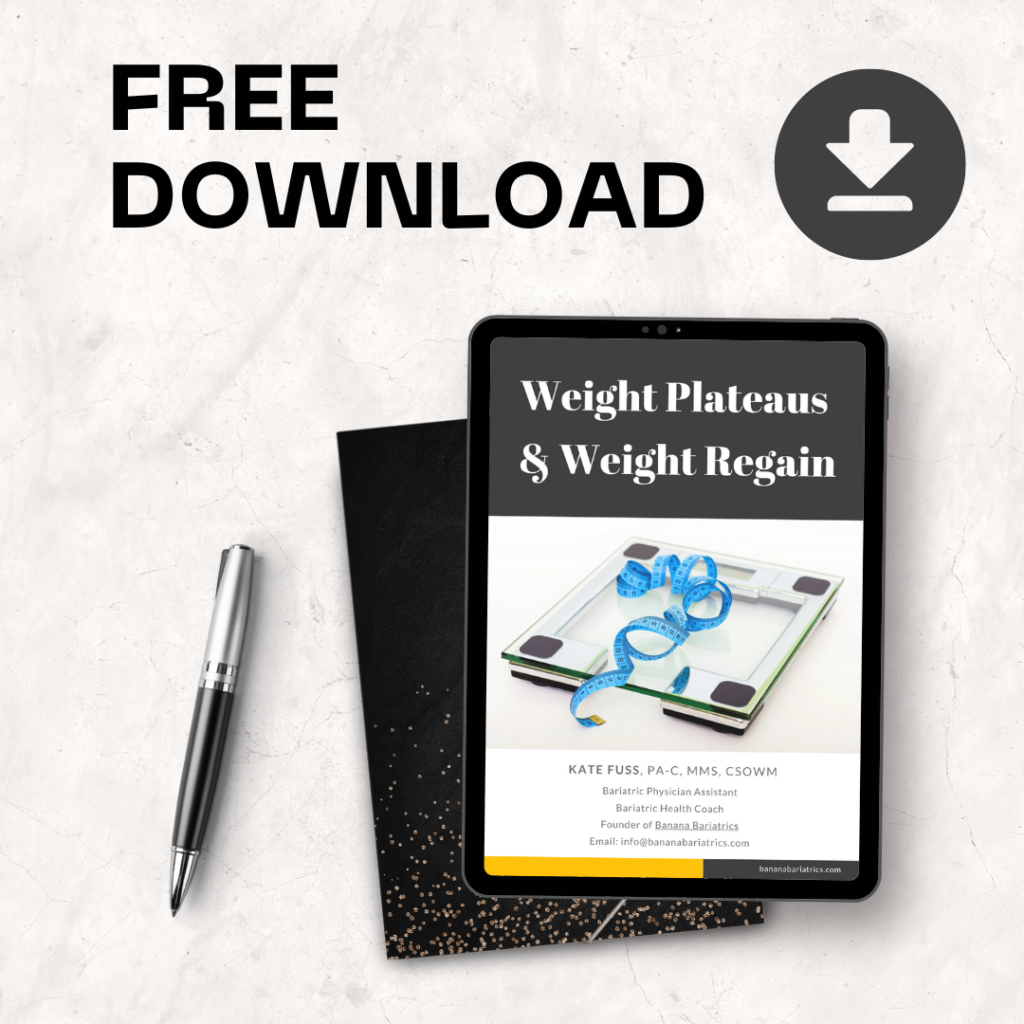
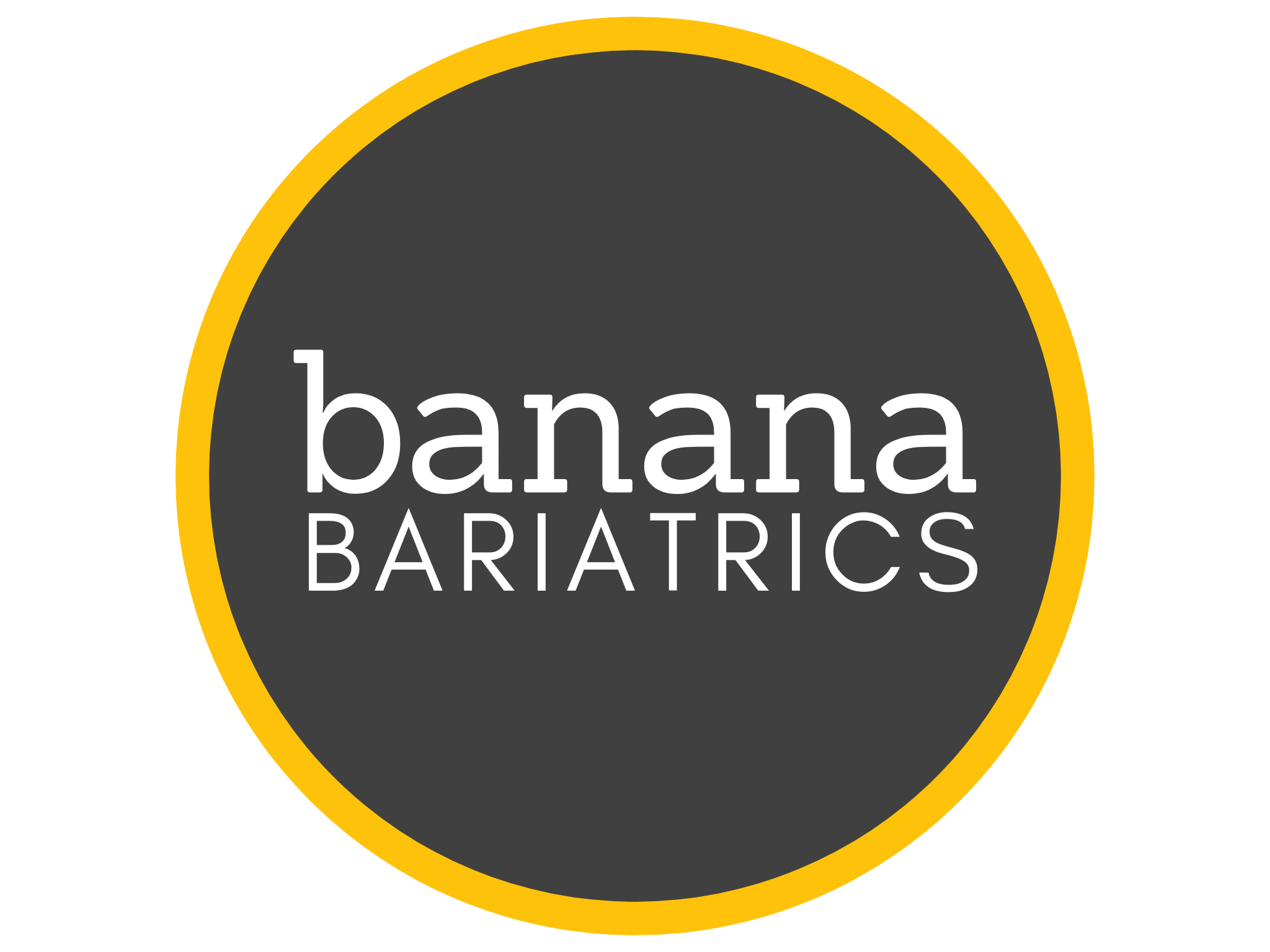
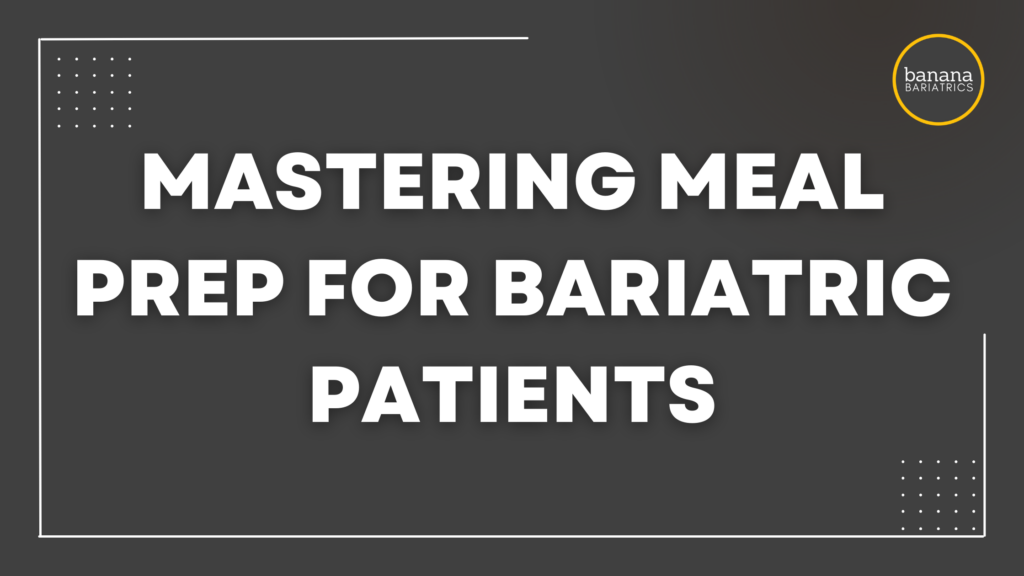
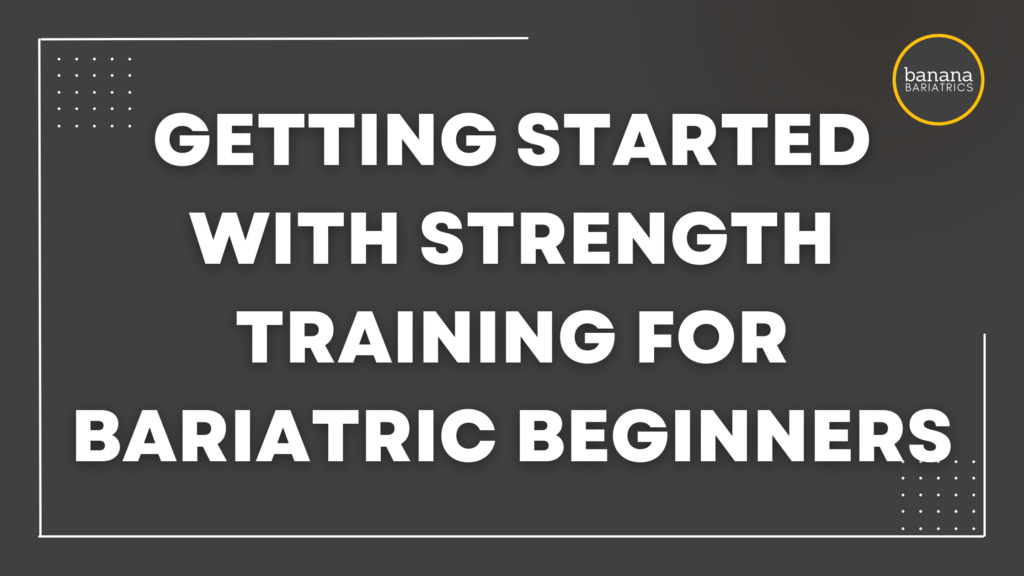
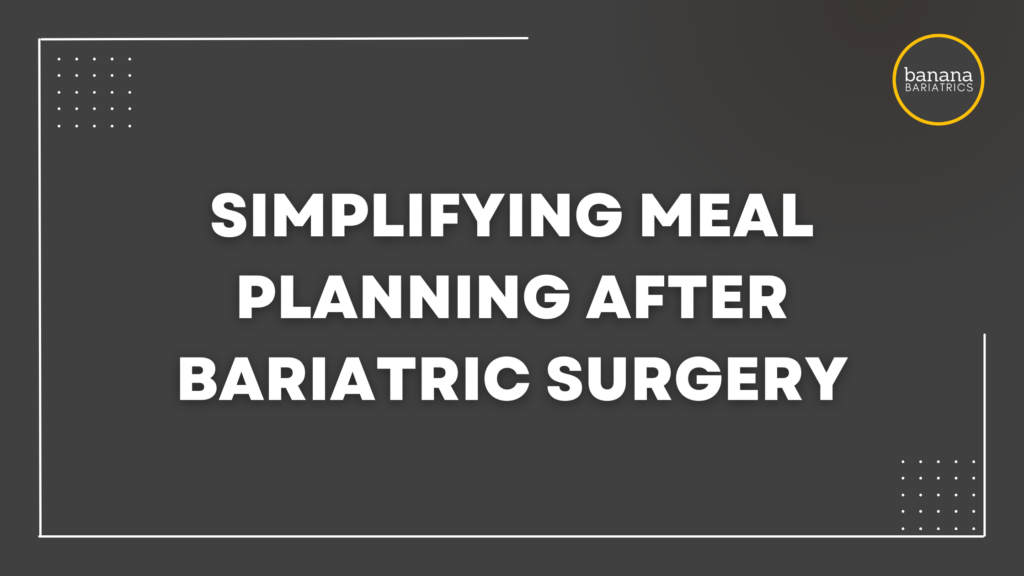
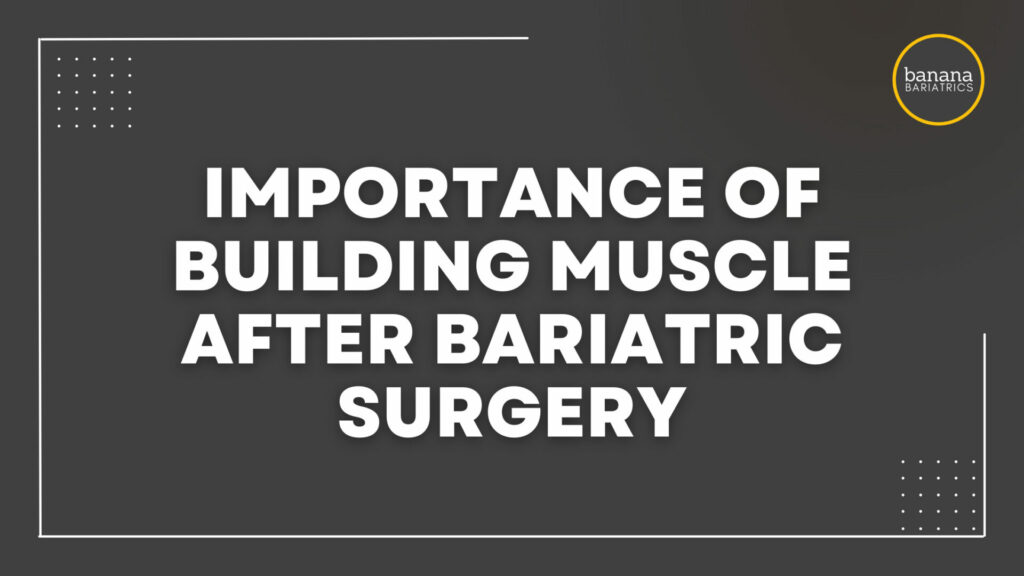
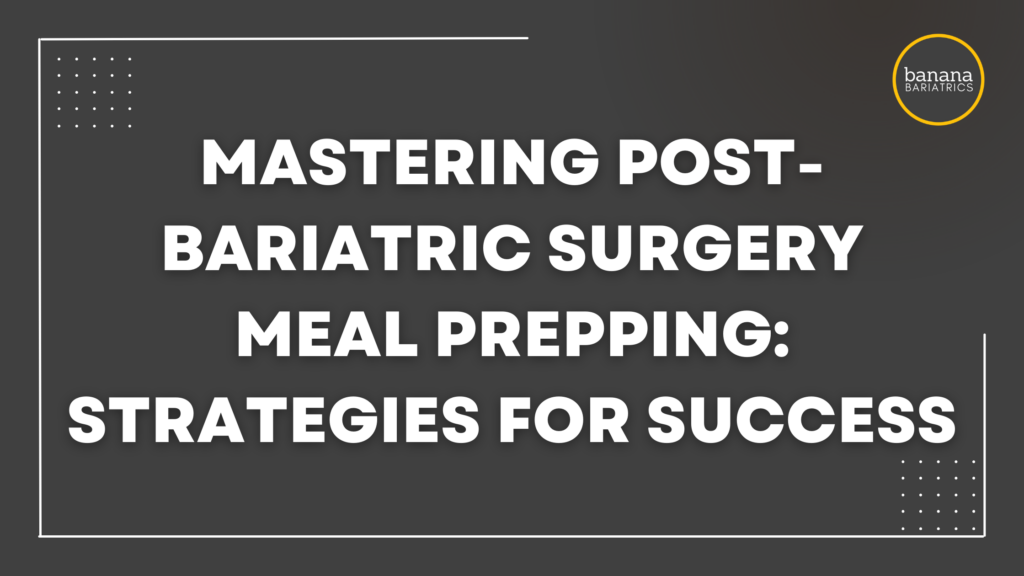
Responses